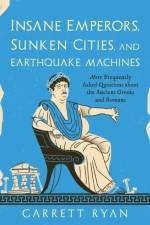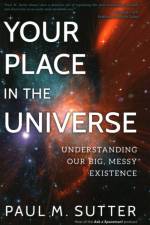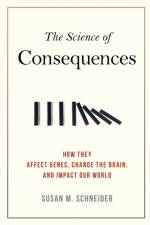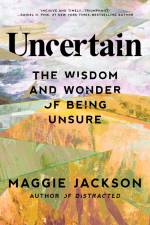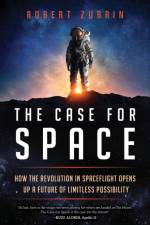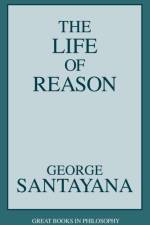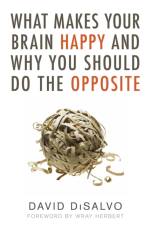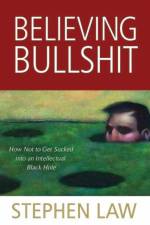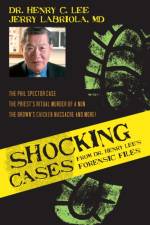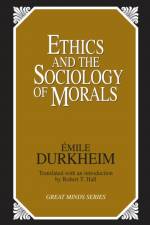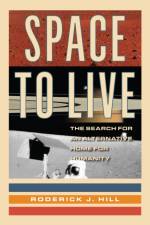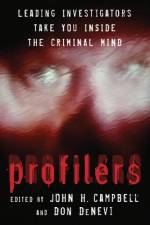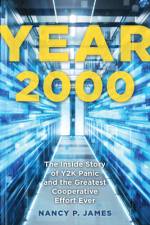- The Inside Story of Y2K Panic and the Greatest Cooperative Effort Ever
av Nancy P James
269,-
The new millennium. The Year 2000. Beyond Mayan prophecies, a more immediate danger loomed: Two-digit year date fields had been used by software programmers to conserve expensive computer storage space for decades. As a consequence, legacy systems reading "00" on January 1, 2000 would most probably interpret the date as 1900. Infrastructurescritical to civilization--including heat, electricity, water and sanitation--were at risk, all complete unknowns. There was fear of an accidental nuclear arms deployment. There was fear of monetary systems being jeopardized, infrastructure collapse, internet securities failures, and lapse of government-provided social programs. Banks experienced runs and law firms worked overtime to develop never-before-seen litigation plans. Year 2000: The Inside Story of Y2K Panic shares the untold story of the actors operating on the global stage responsible for managing computer hardware and software for Year 2000 compliance, thus keeping national infrastructures, finance, and commerce functioning. It turned out that the world did not end January 1, 2000. In fact, most people rang in the new year with the perception that nothing happened at all. This positive outcome was not a stroke of luck, nor was it because people overestimated or exaggerated Y2K risk. It was only possible because people across industries, from legal clerks to programmers to President Bill Clinton himself, worked tirelessly to offset disaster. But the millennium did not pass by completely harmlessly: it turns out that the United States, for a brief period, lost all satellite reconnaissance at 7:00 PM EST, midnight GMT, December 31, 1999.As a leading consultant and speaker on the challenges of Y2K during the lead-up to the new millennium, author Nancy P. James was directly involved in planning for Y2K on the local and global stage. Using first-person experience, primary source documents outlining Y2K fears, and the actions, influences, opinions, and strategies of those involved, James reveals the untold story of the behind-the-scenes scrambling that made Y2K - seemingly - come and go, and offers stark lessons on how the global community can unite to face problems that challenge our world at large.


